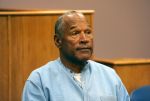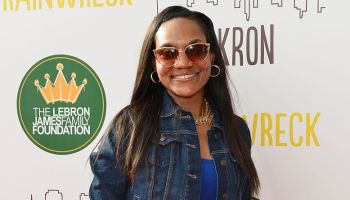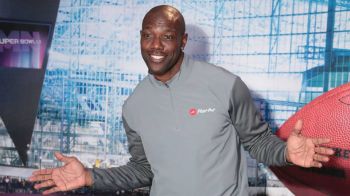“A lot of times it’s issues around gender performance, expectations, how we look,” HIV/AIDS expert Dr. David Malebranche said to News One. “With Black men, people don’t want to see us as depressed and it’s not on the radar for health care providers to see us as depressed.
This code of silence amongst Black Men to “man up” is furthering the conversation about what can be done to eradicate this issue that’s killing all ages of Black men. Malebranche’s work inside Atlanta’s own Grady Memorial Hospital speaks to a great need for deeper conversation in the community.
“I used to work at (Atlanta’s) Grady Memorial Hospital and most of the patients were Black. Many came in with traditional and non-traditional symptoms of depression. One man came in to see the residents, he was about 6′ 3,” 250 pounds. He complained about headaches, the medicines he was taking weren’t helping. I came in to the room and asked how everything was going at home and he broke down crying. It turned out it was the anniversary of his mother’s death.”
“So sometimes it’s the simplest question of how’s it going at home that opens up doors,” Dr. Malebranche said. “But it’s much easier to pathologize people and say there is something wrong with them instead of saying they may be depressed. You don’t see that with a lot of Black men, so it’s an incomplete narrative. We have to take out our cameras and our pens and tell those stories ourselves. We can’t wait on major media to change that.”
For free, 24/7 support, contact the U.S. National Suicide Prevention Lifeline at 800-273-TALK (8255).
Tracy Morgan On Overcoming Suicidal Thoughts: “My Room Wasn’t Ready” was originally published on blackdoctor.org
















